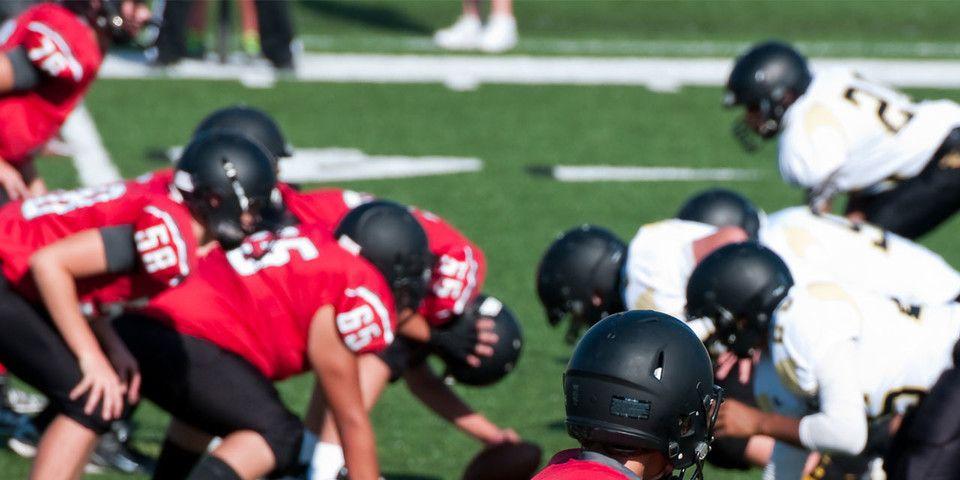Rothman’s Winter Injury Prevention Tips for Absolutely Everyone
Thousands of people needlessly suffer every year from painful winter injuries that could have been prevented.
With a few simple safety precautions, instead of being laid up in recovery, they could have been out enjoying their favorite seasonal activities. To protect yourself and those you love this season, please observe these winter injury prevention tips from the experts at Rothman Orthopaedics when performing the following seasonal activities and sports.
Walking
Walking is one of the most subtly dangerous activities during winter weather simply because people take their safety for granted. They treat winter weather the same as any other and fail to anticipate hazardous conditions, often until it is too late. Hidden ice patches, precipitation, and other sneaky dangers lead to countless slips and falls, so make sure you:
-
Always wear weather-appropriate footwear with non-slip soles.
-
Keep your hands and arms free for proper balance as much as possible. Use carrying bags or wheeled carts to help with transporting packages and parcels.
-
Walk slowly, slide your feet, and avoid turning sharply when you encounter ice, puddles, or other slippery surfaces. Brace and balance yourself on cars, walls or stationary objects. Hold onto railings when using outdoor stairways.
-
Wipe your feet when entering a building so that your wet soles won’t cause you to slip on indoor flooring. Warn any others in the area if you see slippery floor areas so they don’t fall as well.
-
If you do slip or start to fall, bend your elbows and knees and using your legs and arms to absorb the fall and minimize any resulting injury.
Shoveling
Soft tissue injuries of ligaments and muscles, particularly in the lower back and shoulders, are common from the weight and motion of shoveling snow. In addition, people can overexert themselves and end up with exhaustion, exposure, or even heart strain. To minimize your risk, you should:
-
Pace yourself and take frequent breaks.
-
Listen to your body and stop immediately if you become short of breath, start sweating heavily, or experience chest pains.
-
Wear slip-resistant footwear and dress appropriately for the temperature.
-
Try pushing the snow instead of lifting or twisting to throw it over your shoulder.
Winter Sports
Athletic endeavors pose risk to the body year-round, but winter sports tend to take place in slippery or adverse conditions, making safety a top priority. Winter athletes should take extra steps to incorporate all of the aforementioned winter injury prevention tips, as well as:
-
Drink plenty of water before, during, and after practices and events.
-
Avoid participating in sports when you are in pain or overly tired.
-
Warm up properly before every practice and event to eliminate damage to cold muscles, tendons, and ligaments.
-
Familiarize yourself with the recreational area and surroundings. Know the locations of boundaries, natural elements, and ice patches so you can be prepared to navigate around them.
-
Never participate alone in a winter sport. Have others around you for support, an extra set of eyes, and emergency assistance.
-
Keep in shape and strengthen your muscles before participating in winter activities. Wear appropriate protective gear, including goggles, helmets, gloves and padding.
-
Wear several layers of light, loose, and water- and wind-resistant clothing for warmth and protection, as well as proper footwear for warmth, dryness, and sufficient ankle support.
-
Take instruction from a qualified professional, especially before engaging in snow sports. Learning how to move and fall correctly and safely can help to reduce the risk of injury.
-
Be aware of weather conditions, and pay attention to warnings about storms and severe temperature drops.
Despite the best intentions and adherence to our winter injury prevention tips, we at Rothman Orthopaedics know that injury can still occur. The first step for anyone experiencing a winter activity-related injury or other complications should be to consult their physicians. When you need more specialized treatment, Rothman Orthopaedics can help you decide which options are right for you.
Visit us here or contact us at 1-800-321-9999.
Related Specialties
Related Programs
-

Injury Prevention Program
The Injury Prevention Program at the Rothman Orthopaedic Institute is dedicated to the prevention of injuries from athletic participation, particularly youth sports.Read More




